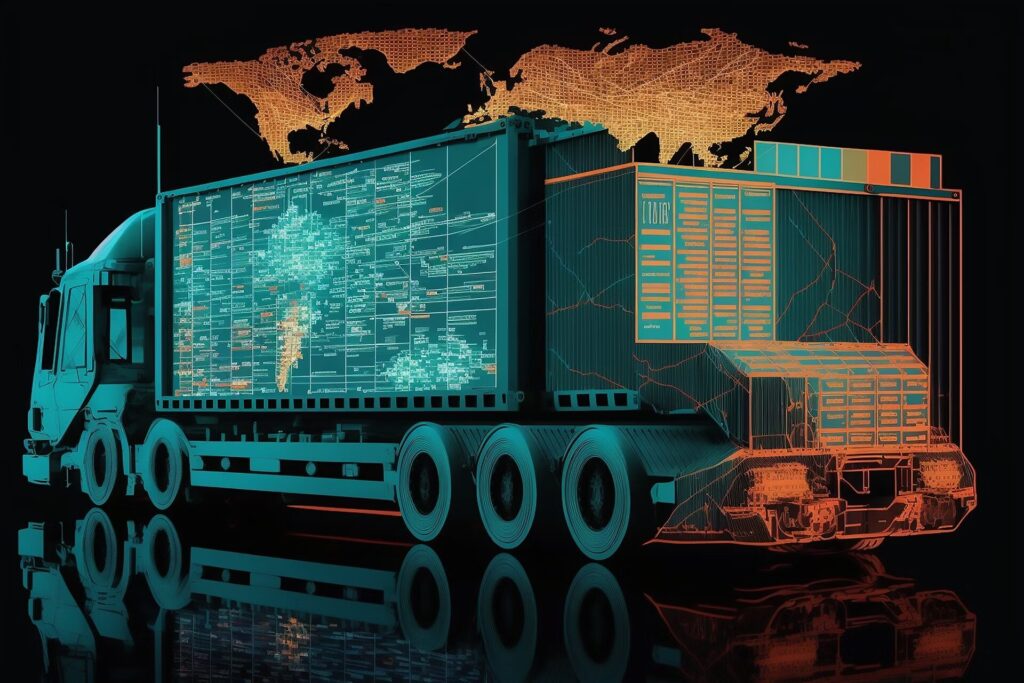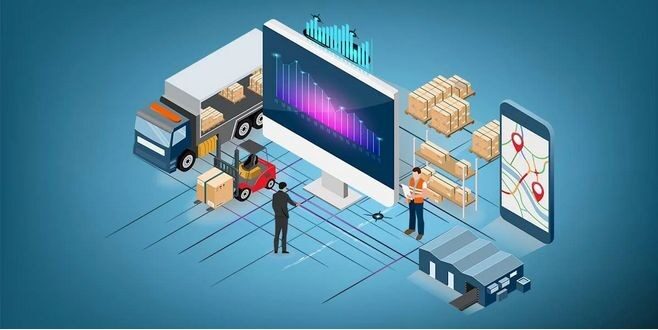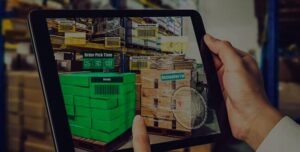In today’s fast-paced world, last-mile logistics has become one of the most crucial stages in the supply chain, directly impacting customer satisfaction and a company’s competitive edge. As businesses worldwide seek faster and more cost-effective methods of delivery, cutting-edge technology has emerged as an essential tool for optimizing this critical stage. Leveraging innovation, especially through smart logistics solutions and custom software, enables companies to boost efficiency, reduce costs, and meet rising customer expectations.
The Growing Importance of Last-Mile Logistics
The last mile of the supply chain, or the final journey of a product to the customer’s door, often involves navigating complex urban environments, unpredictable traffic, and intricate scheduling. This portion is often the most time-consuming and expensive part of the delivery process. However, by focusing on last-mile optimization, companies can streamline deliveries, enhance customer experience, and increase profitability.
Smart logistics solutions play a vital role in improving efficiency in last-mile logistics. Businesses today are moving beyond traditional methods and using innovative technologies, such as mobile applications for logistics and data-driven platforms, to ensure smoother operations and faster deliveries. These technologies provide real-time tracking, enhance route planning, and give customers live updates on delivery statuses.

Mobile Applications for Logistics: Transforming the Delivery Experience
Mobile applications for logistics have revolutionized the way deliveries are managed. From tracking orders in real-time to communicating with delivery teams, mobile apps provide end-to-end solutions that streamline the last-mile process. For example, mobile applications allow customers to follow the delivery route and estimated arrival time, providing transparency and reducing uncertainties around deliveries.
For logistics companies, mobile apps have enhanced communication, minimized delays, and reduced the risk of errors. These tools enable drivers to access optimized routes, avoiding traffic congestion and other obstacles, leading to faster, more efficient deliveries. Additionally, mobile apps provide critical data on driver behavior, fuel consumption, and delivery times, all of which help companies continually improve their operations.
Development of Logistics Software: Creating Scalable Solutions for Companies
The development of logistics software tailored to specific company needs is another critical innovation in last-mile logistics. Custom logistics solutions offer flexibility, ensuring that each component aligns with the unique demands of a business. Through the use of AI, machine learning, and data analytics, logistics software can optimize routing, scheduling, and resource allocation, leading to significant cost reduction in logistics.
Custom solutions are particularly advantageous for businesses that experience seasonal spikes in demand or that operate in varied geographical regions. Scalable solutions for companies mean that logistics processes can be easily adapted, whether a business needs to expand its fleet, add delivery routes, or onboard additional team members. This adaptability ensures that companies remain competitive without overspending on resources.
Technology for Startups: Cost-Effective and Scalable Solutions
For logistics startups, adopting advanced technology is essential to establishing a foothold in the market. Startups often face challenges such as limited budgets, smaller teams, and a need for rapid growth. Investing in scalable, cost-effective logistics technology can be a game-changer for these businesses. Through cloud-based platforms and mobile applications, logistics startups can keep operational costs low while still providing high-quality service.
For example, using last-mile technology solutions that integrate with popular e-commerce platforms can make it easier for startups to manage inventory, track deliveries, and provide customers with accurate delivery windows. With the support of advanced technology, startups can expand operations without significant capital investment in physical infrastructure, making these solutions attractive and viable for early-stage companies.
Last Mile Optimization: Increasing Efficiency and Reducing Costs
One of the greatest challenges in last-mile logistics is balancing efficiency and cost. By leveraging advanced analytics and AI, companies can achieve substantial cost reductions in logistics. Last-mile optimization focuses on creating the shortest, most efficient routes, thereby saving time and fuel costs.
For instance, machine learning algorithms analyze traffic patterns and predict potential delays, allowing companies to proactively plan routes and reduce the likelihood of unexpected costs. In addition to reducing expenses, last-mile optimization also reduces the environmental impact of logistics operations by cutting down on unnecessary travel time, which aligns with many companies’ sustainability goals.
Custom Logistics Solutions: Tailoring Services to Meet Unique Needs
Not all companies have the same logistics requirements, especially those with complex supply chains or that cater to specialized industries. Custom logistics solutions help businesses address their unique challenges and provide tailored services to their customers. Through custom solutions, companies can specify everything from preferred delivery windows to optimized packaging for fragile or high-value goods.
With custom software development, logistics providers can integrate features that support expanding teams, enable real-time communication, and provide robust analytics. These tools not only improve delivery accuracy but also ensure that teams can handle increased demand during peak seasons or unexpected surges in orders.
Efficiency in Last-Mile Logistics: Enhancing the Customer Experience
At its core, efficiency in last-mile logistics translates to a better customer experience. Today’s consumers expect same-day or next-day deliveries, and companies are finding it essential to meet these expectations. By employing the latest logistics technologies, businesses can reduce wait times, offer real-time tracking, and communicate transparently with customers. This high level of service promotes customer loyalty and positive word-of-mouth, ultimately driving more sales.
Smart logistics solutions, such as mobile applications and custom software, provide the framework for meeting these demands effectively. As the technology landscape continues to evolve, logistics providers that embrace innovation will remain competitive and relevant in a challenging industry.

The Future of Last-Mile Logistics
The role of technology in last-mile logistics will only increase as businesses strive for faster, more efficient deliveries. With continued advancements in mobile applications, machine learning, and data-driven logistics software, companies have the tools they need to overcome the challenges of last-mile delivery. From cost reduction in logistics to offering scalable solutions for companies of all sizes, technology has proven to be a powerful ally in enhancing logistics performance.
For companies looking to differentiate themselves, adopting cutting-edge technology is no longer optional; it’s a necessity. As customer expectations grow and the market becomes increasingly competitive, innovation in logistics will be key to long-term success and customer satisfaction.




